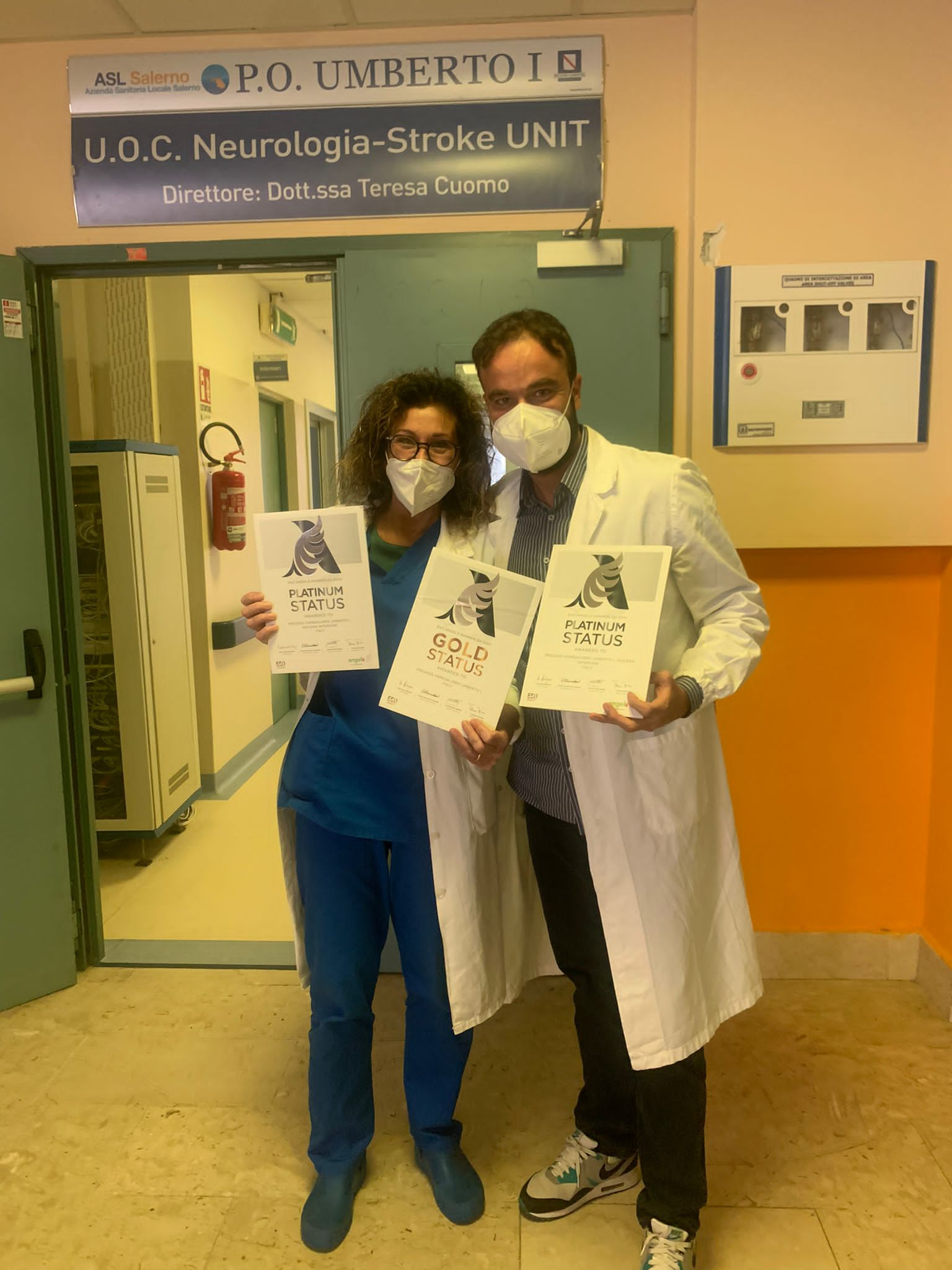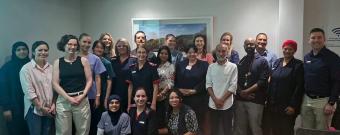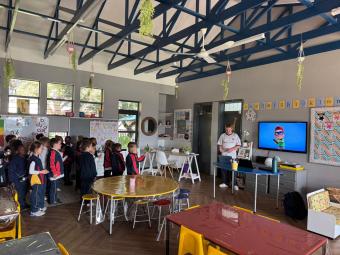By working together we can achieve more. This is the belief held by smart, successful people we are proud to welcome onto our team, writes Jan van der Merwe.

We don’t really like talking about ourselves much.
It makes us a bit uncomfortable because we know that the work of the Angels Initiative is not about us. We have created platforms such as this one precisely to talk about the true heroes of our story – those who treat the patients.
Our internal culture places a high value on humility. Granted, it isn’t always easy, but we believe in our duty to “sweep the sheds” – a reference from James Kerr’s book Legacy, about the culture that made New Zealand’s All Blacks a superpower in world rugby. Sweeping the sheds after every game signals that no-one is too big to do the small things that need to be done.
Because culture is so important, we often talk about what it takes to be a good Angels consultant – especially when it becomes necessary to recruit new Angels for our field force. The answer is far from obvious given that our team is such a diverse group of brilliant, organised and caring people, but there is something they all have in common – their servant leader mindset and commitment to a higher purpose.
In his book Tribal Leadership Dave Logan describes five different groups or “tribes” typically found in organisations. The first two of these, which together make up about 27% of the population, are those who either think that “life sucks” or that their own lives “suck”. They’re typically unhappy and ineffective people whom you don’t want to spend time with or invite into your organisation.
The third group, which accounts for a significant 48% of the population, Logan describes as the “I’m great, you’re not” tribe. Its members are usually highly intelligent and successful people who believe that they could do even better if only the rest of the world would catch up and give them more support. Interestingly, research shows that many people get stuck at this level, perhaps because their organisations and society itself unknowingly reinforces this mindset by rewarding individual excellence.
However, everything changes when the tribe moves to level 4, which is defined by the belief that “we are great”. At this level, teamwork, fun and creativity are all valued but what really matters is that tribe members are united by a purpose that supersedes their own individual success. It’s at this level that smart, successful people realise that only by working together can we achieve more.
Beyond level 4 lies the “life is great” stage, occupied by tribes that can change the world.
All Angels consultants are super smart people who, by the time they join us, already have a long list of accomplishments behind their names such as earning a master’s degree or PhD in their field of study. But what distinguishes them as a level 4 tribe is that they all believe in their hearts that it’s not about them, it’s about our common purpose. They know from day one that they will never be Consultant of the Year, because that’s not something we do. They won’t treat patients or become the head of a stroke unit or neurology department, because as Angels consultants they have dedicated themselves to making other people better at what they do.
This is a mindset we recognise in successful candidates and that we reinforce through our focus on internal culture and the way we conduct ourselves, and that we hope shines through in the stories we tell.
Jim Collins and Jerry Porras, in their book Built to Last, describe how the Nordstron chain of luxury department stores uses stories to reinforce their commitment to exceptional customer service. Stories about “Nordies”, as their employees are called, include:
• The Nordie who ironed a new shirt for a customer who needed it for a meeting that afternoon.
• The Nordie who cheerfully gift-wrapped products a customer had bought at their competitor, Macy’s.
• And the Nordie who refunded the cost of a set of tire chains to a customer even though Nordstrom doesn’t sell tire chains.
The actions described in these stories may seem counter-intuitive, but they help shape the internal culture by giving it substance.
When a new Angels consultant completes their training, they are given a credo – a statement of the beliefs that will guide their actions. One of the principles they (and we all) subscribe to is this: “I will do whatever it takes – to give life a chance.”
In the latest edition of The Angels Journey we tell a Nordie story of our own. It’s about how Italian Angels consultant Stefania Fiorillo removed a barrier to a hospital’s progress, not by running a training session or a webinar, but by spending hours looking for a missing piece of paper without which the stroke team at this hospital couldn’t realise their dream of a dedicated stroke unit.
You will find the same commitment to sweeping the sheds in other stories about consultants serving their hospitals and regions through their time, experience, and dedication. These include inspiring stories from Poland, Spain, Portugal and Mexico.
Dave Logan’s research, incidentally, found that the most important way to grow the level 4 tribe and make it more sustainable is not by expanding your own network, but by introducing others to each other in what he calls triadic relationships.
When looking for new consultants our strategy therefore is to find someone who is already great and to give them a higher purpose. This does not only apply to new consultants; we use the exact same strategy to identify what we call Stroke Champions in every hospital, every region, and every country. That is why our stories introduce you to a succession of great people who, having embraced a higher purpose, are now part of a level 4 tribe that is achieving the unthinkable.




